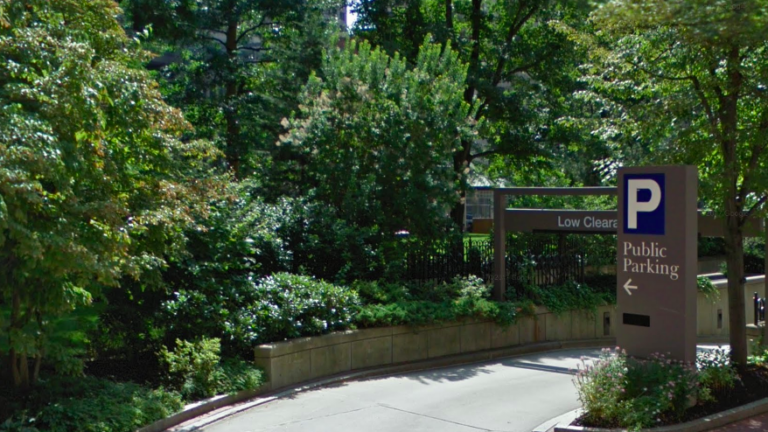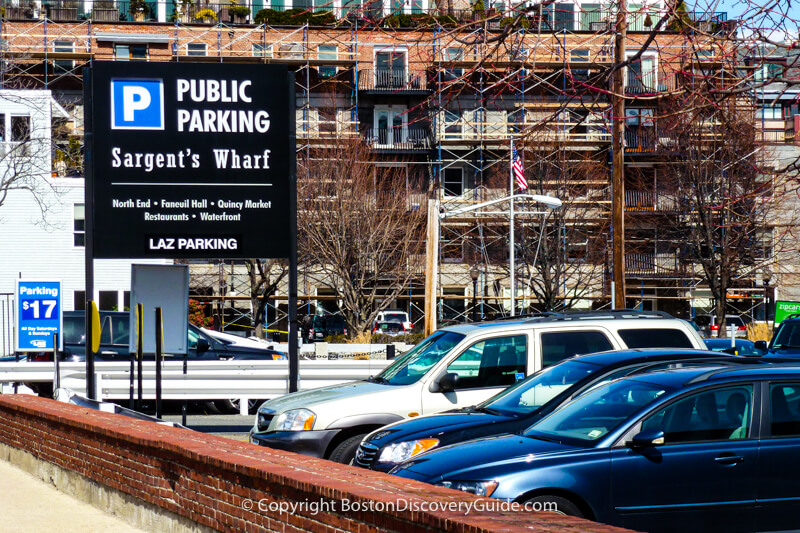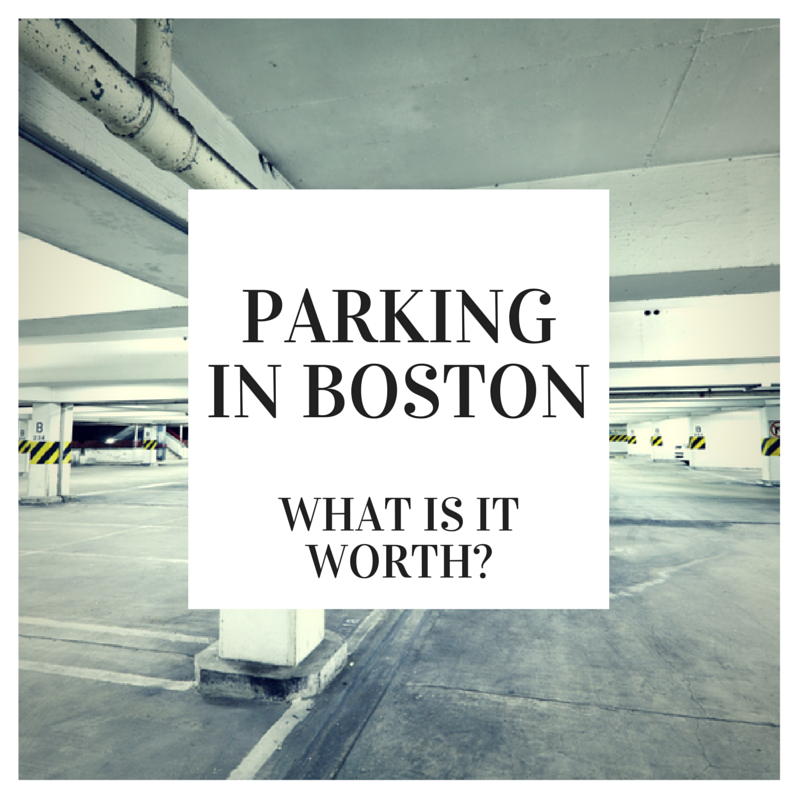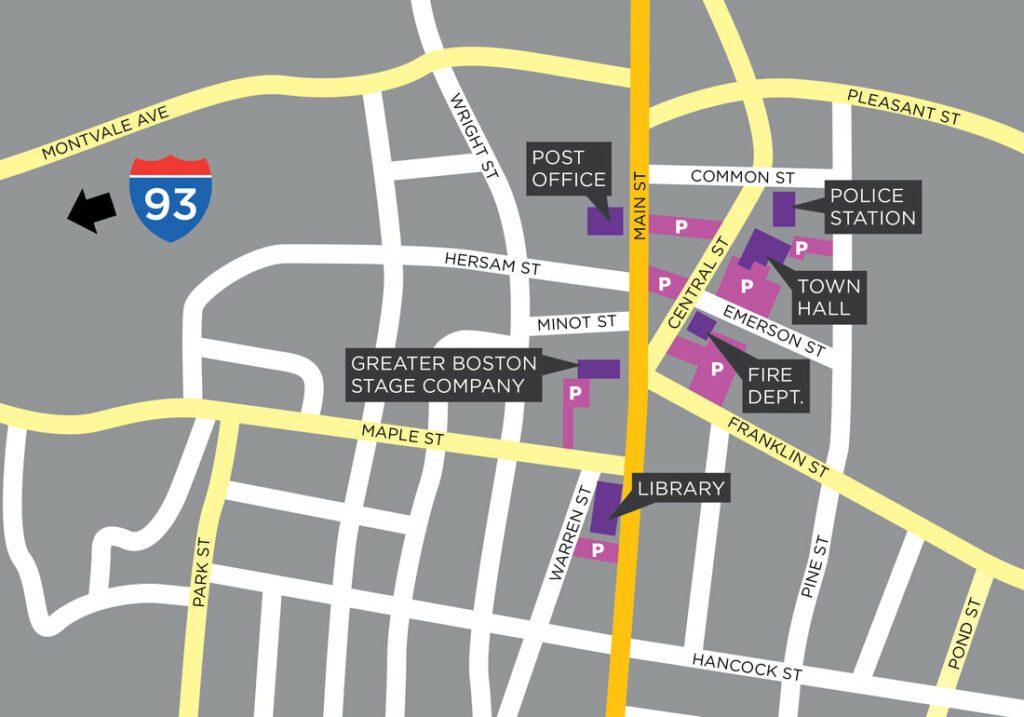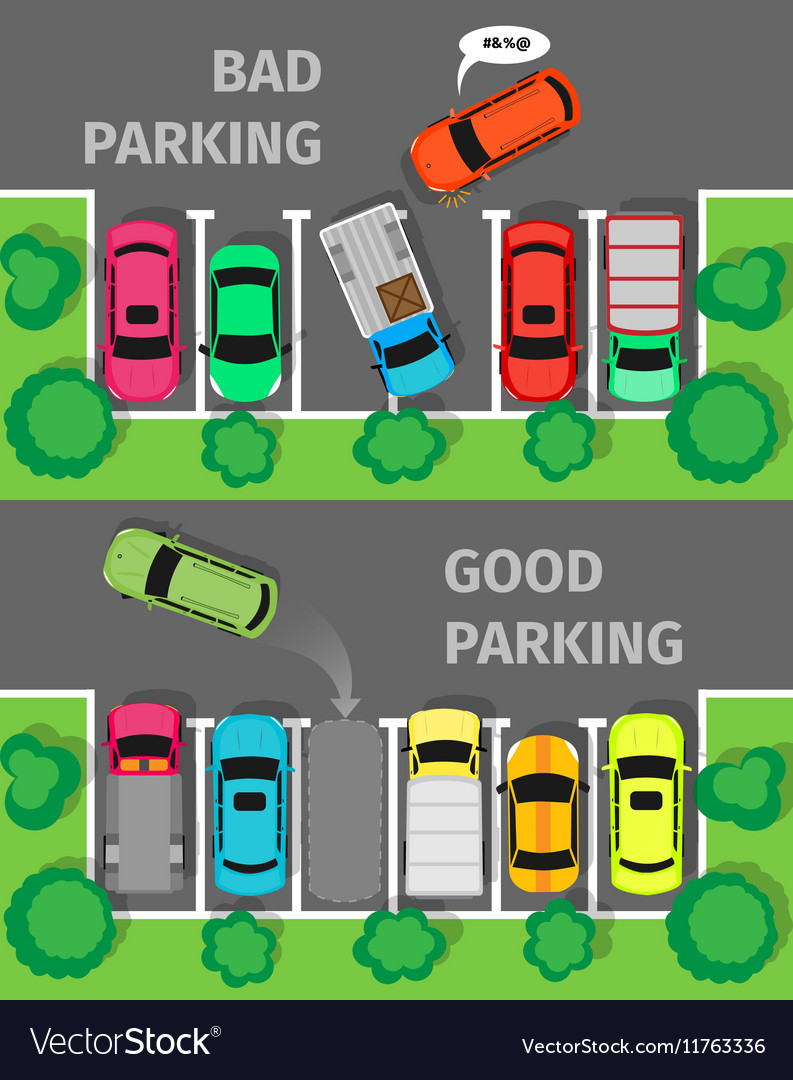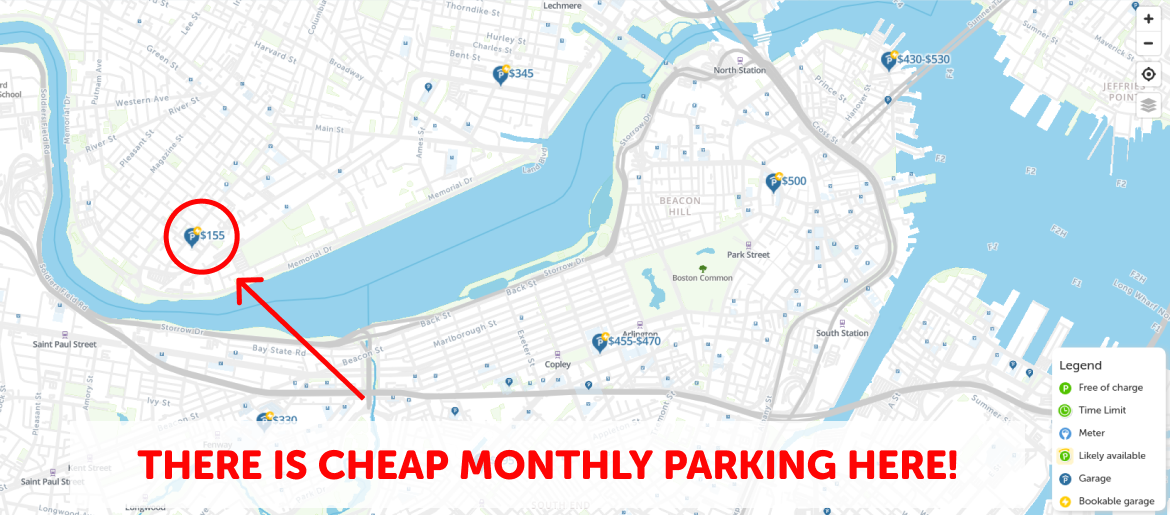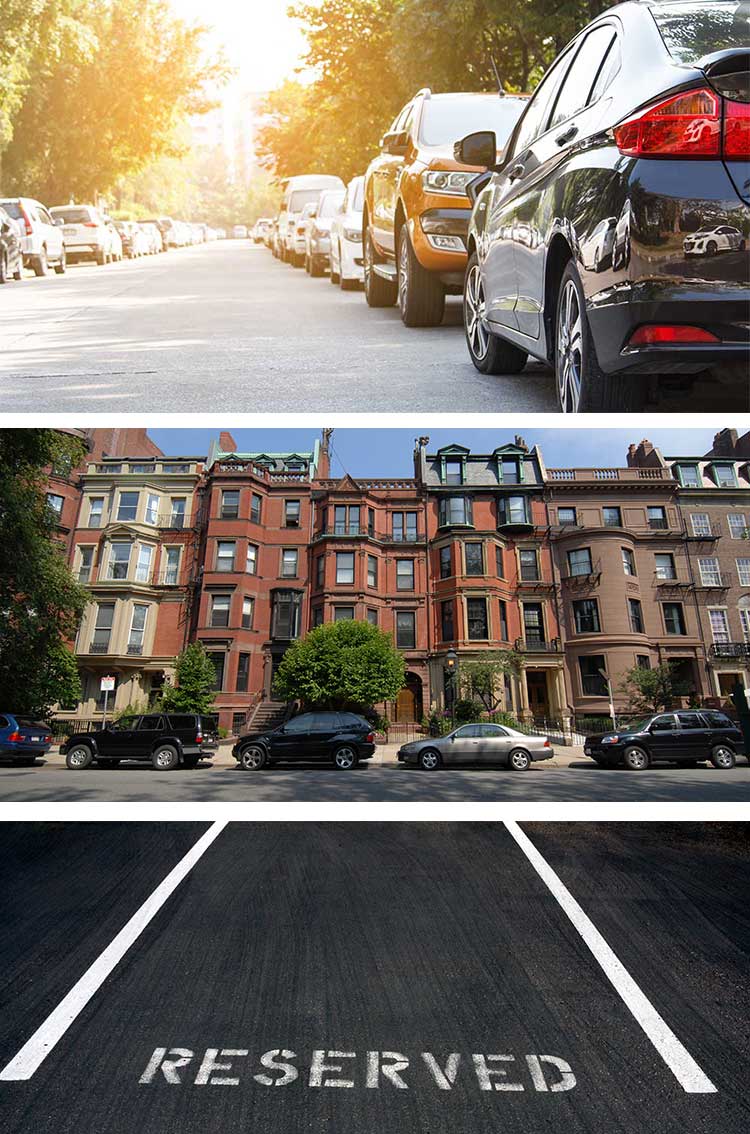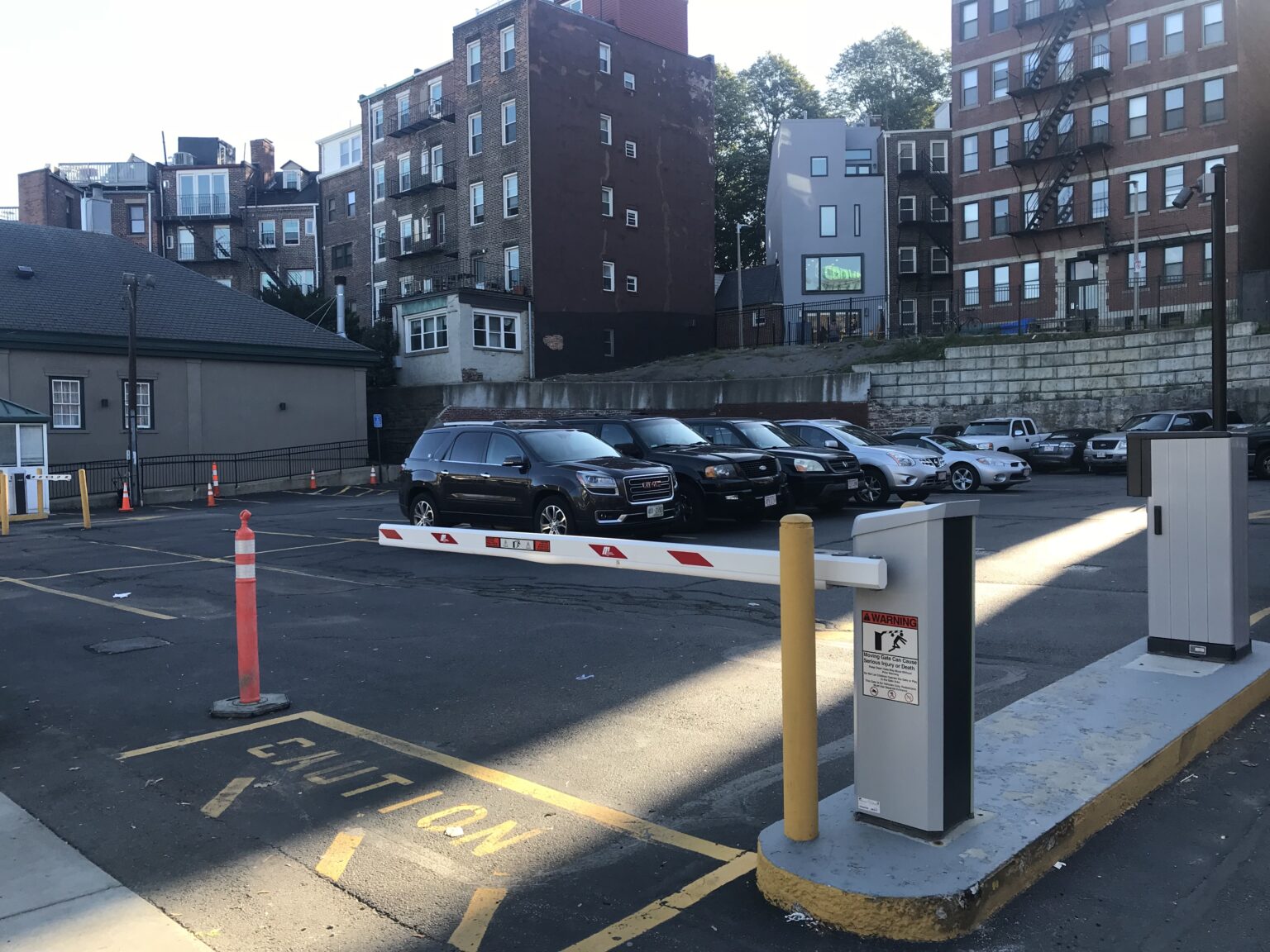Parking In Boston Good Or Bad
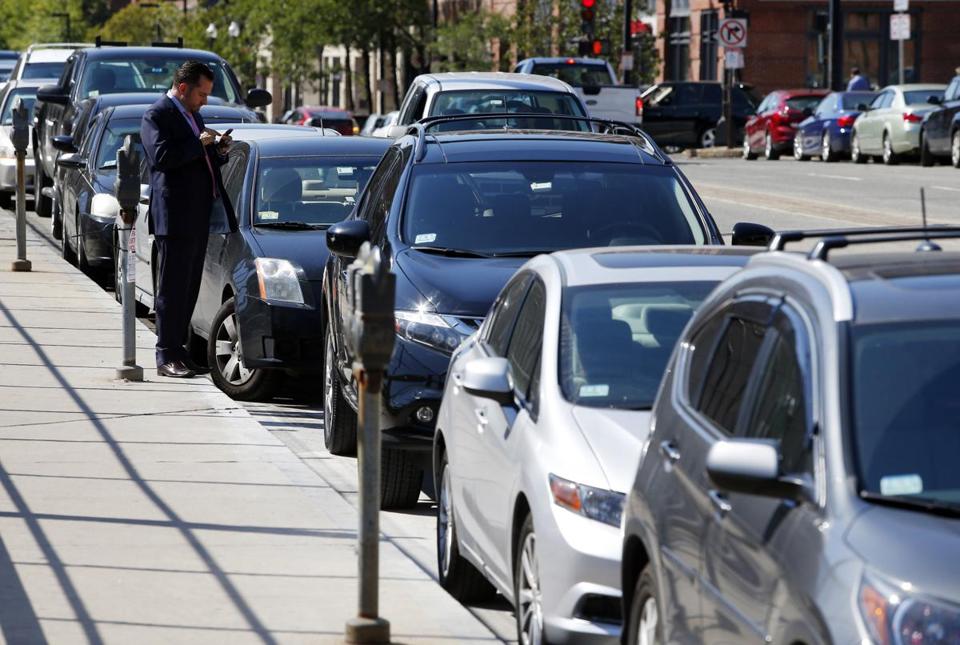
Navigating Boston's narrow streets and historical layout often feels like a puzzle, and perhaps the most frustrating piece of that puzzle is finding a parking spot. Ask any Bostonian, and you'll likely hear tales of endless circling, exorbitant fees, and the dreaded parking ticket.
But is Boston's parking situation as dire as its reputation suggests? This article delves into the complexities of parking in the city, examining the challenges, the costs, the city's efforts to manage it, and the impact on residents and visitors alike.
The Parking Predicament: A Multifaceted Challenge
Boston's parking woes stem from a combination of factors, including its dense urban environment, a high volume of commuters, and a historical street grid designed long before the advent of the automobile. Finding a space, whether on the street or in a garage, can feel like winning the lottery.
Street parking, particularly in popular neighborhoods like Back Bay, Beacon Hill, and the North End, is fiercely competitive. Regulations, including resident-only zones and time limits, add another layer of complexity.
Off-street parking, primarily in garages and lots, is often expensive, with rates varying significantly depending on location and time of day. Data from the Boston Transportation Department indicates that parking costs in downtown Boston are among the highest in the nation.
The Cost of Parking: More Than Just Money
The financial burden of parking in Boston is significant. A recent study by INRIX, a transportation analytics company, found that Boston drivers spend an average of 64 hours per year searching for parking, costing them an estimated $2,200 annually in wasted time, fuel, and overpayment.
But the cost extends beyond dollars and cents. The stress of finding parking, the traffic congestion it creates, and the environmental impact of idling cars all contribute to a lower quality of life.
Mayor Michelle Wu has made addressing transportation challenges a priority, including exploring ways to alleviate parking pressures.
City Initiatives: Seeking Solutions
The city of Boston has implemented several strategies to manage parking demand and improve accessibility. These include expanding the use of smart parking technology, optimizing parking meter pricing, and promoting alternative transportation options.
Smart parking systems use sensors to detect available parking spaces and provide real-time information to drivers via mobile apps. This helps reduce search times and congestion.
Variable pricing, also known as demand-based pricing, adjusts parking meter rates based on the time of day and location. The goal is to encourage turnover and ensure that parking spaces are available when and where they are needed most.
Promoting Alternatives: A Long-Term Strategy
Recognizing that parking is just one piece of the transportation puzzle, the city is actively promoting alternative modes of transportation, such as public transit, biking, and walking. The MBTA, Boston's public transit system, is undergoing significant upgrades to improve service and reliability.
The city is also expanding its network of bike lanes and pedestrian walkways, making it easier and safer for people to get around without a car. Programs like Bluebikes, the city's bike-sharing system, provide an affordable and convenient option for short trips.
Furthermore, the city is encouraging employers to offer incentives for employees to use alternative transportation, such as subsidized transit passes or bike commuting benefits.
Resident Perspectives: A Mixed Bag
For Boston residents, the parking situation is a constant source of frustration. Sarah Miller, a resident of South Boston, says she often spends upwards of 30 minutes searching for a parking spot after work. "It's incredibly stressful, and it makes me want to move out of the city," she admits.
However, some residents acknowledge that the city is making efforts to improve the situation. David Lee, a resident of Cambridge, appreciates the convenience of the smart parking apps. "It's not perfect, but it definitely helps," he says.
The city also offers residential parking permits, allowing residents to park on designated streets in their neighborhood. However, these permits do not guarantee a parking space, and competition for spots remains fierce.
The Impact on Businesses: A Double-Edged Sword
For businesses in Boston, parking can be a double-edged sword. On the one hand, easy access to parking can attract customers and boost sales. On the other hand, limited parking and high costs can deter people from visiting, especially those from outside the city.
Many businesses offer validated parking to customers, absorbing some of the cost to encourage patronage. However, this can be expensive, particularly for small businesses.
The city is working with businesses to explore alternative transportation options for their employees and customers, such as offering discounts on public transit or providing bike racks.
Looking Ahead: The Future of Parking in Boston
The future of parking in Boston is likely to involve a combination of strategies, including continued investment in smart parking technology, expanded promotion of alternative transportation, and a focus on creating more livable and pedestrian-friendly neighborhoods.
As autonomous vehicles become more prevalent, they could potentially reduce the need for parking by allowing cars to drop off passengers and then park themselves in remote locations. However, this technology is still in its early stages, and its impact on parking remains to be seen.
Ultimately, solving Boston's parking problem will require a multifaceted approach that addresses the challenges of a dense urban environment, a high volume of commuters, and a historical street grid. While there's no silver bullet, the city's ongoing efforts to manage parking demand and promote alternative transportation offer hope for a more accessible and sustainable future.



